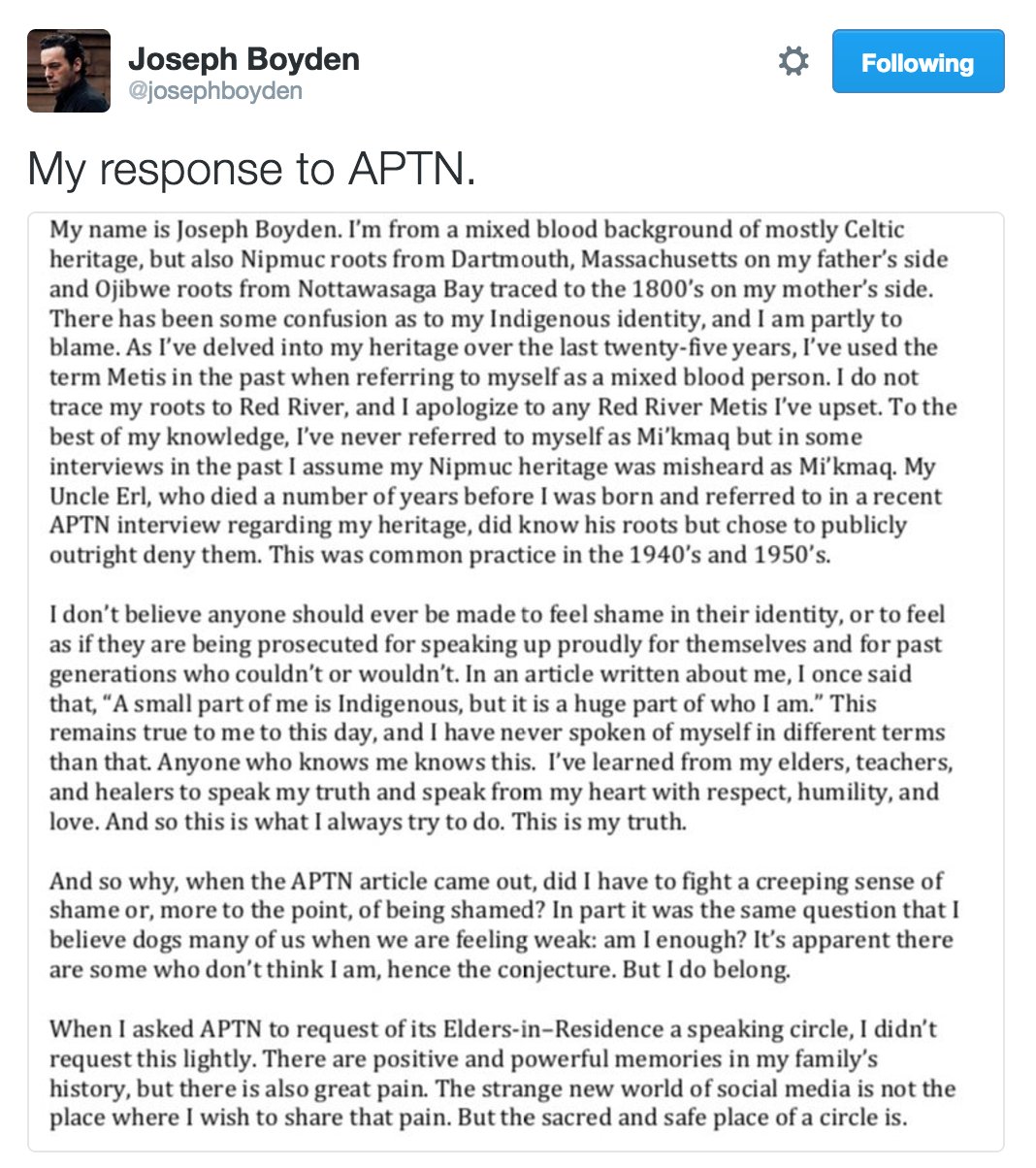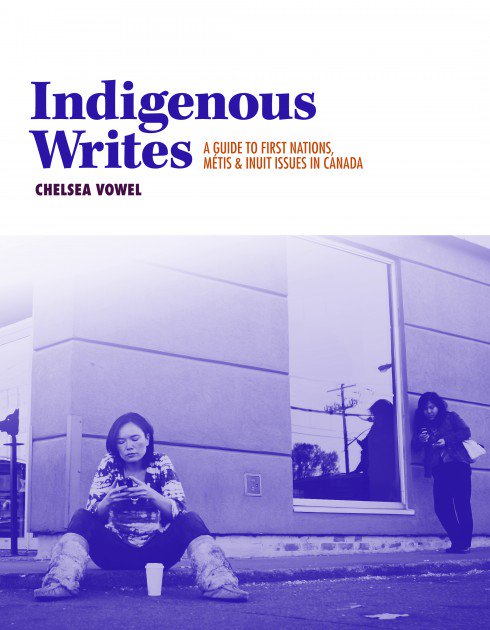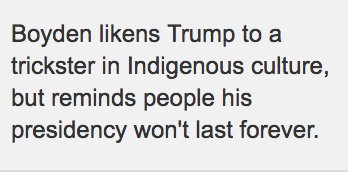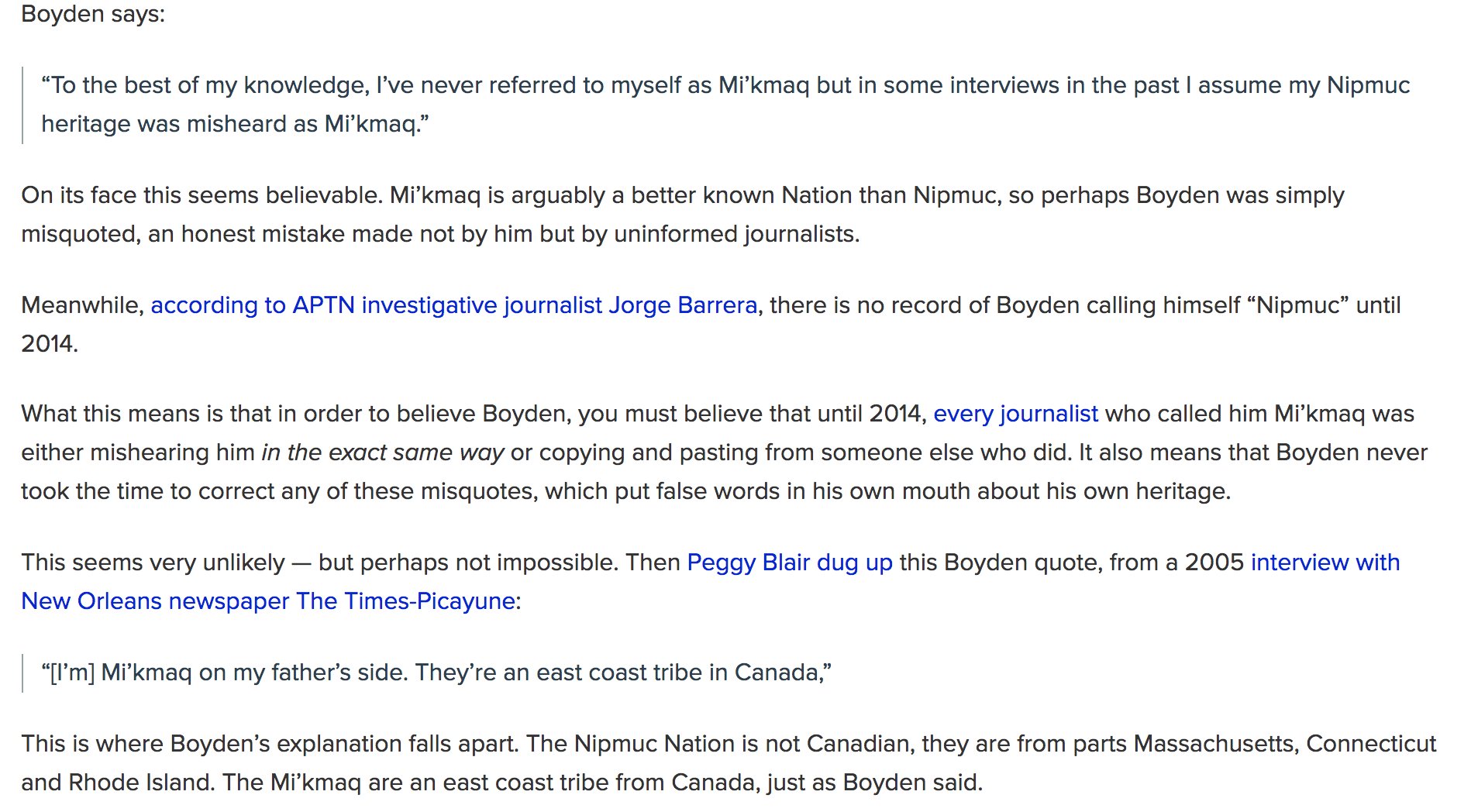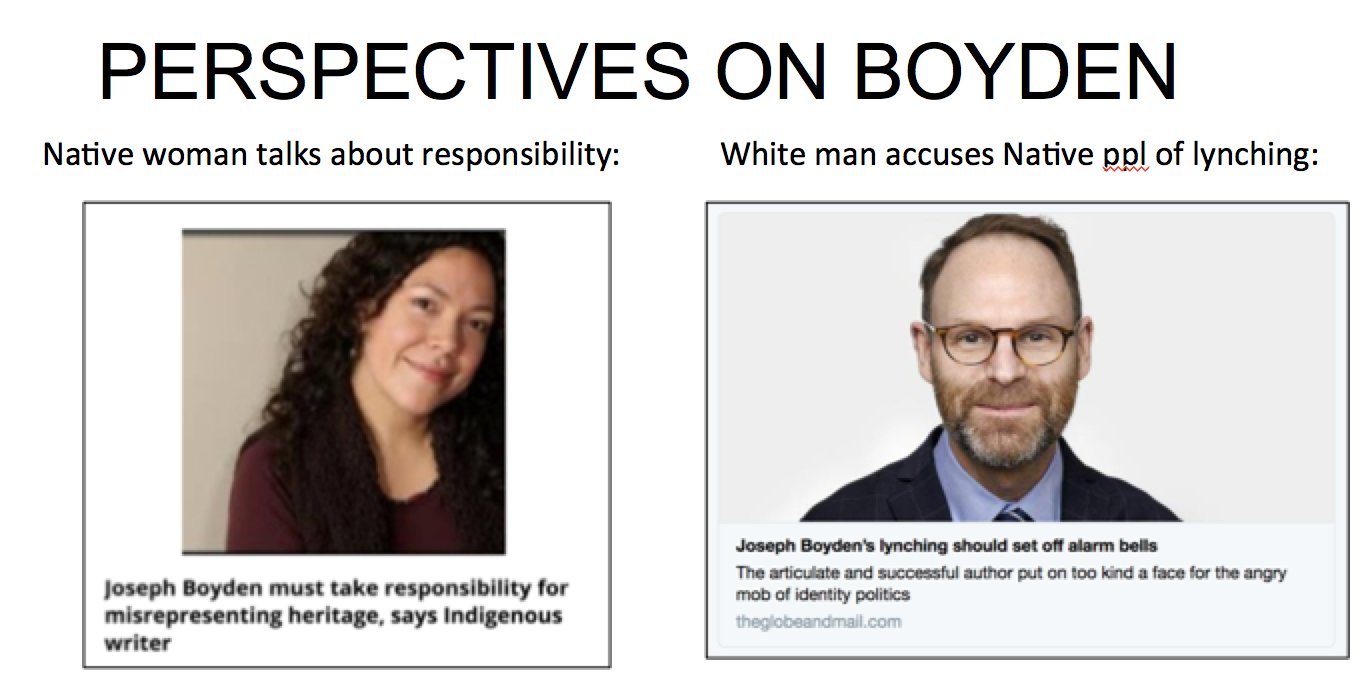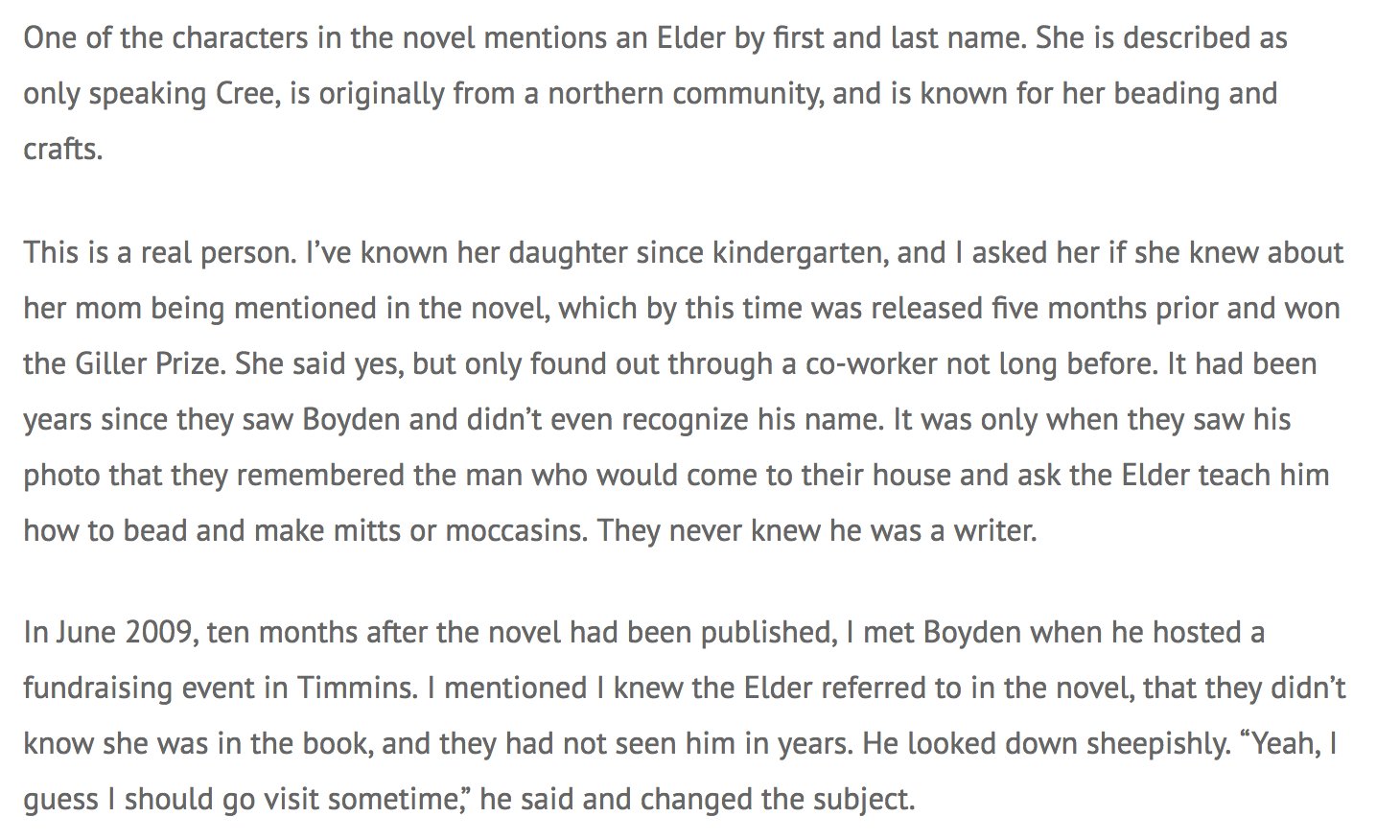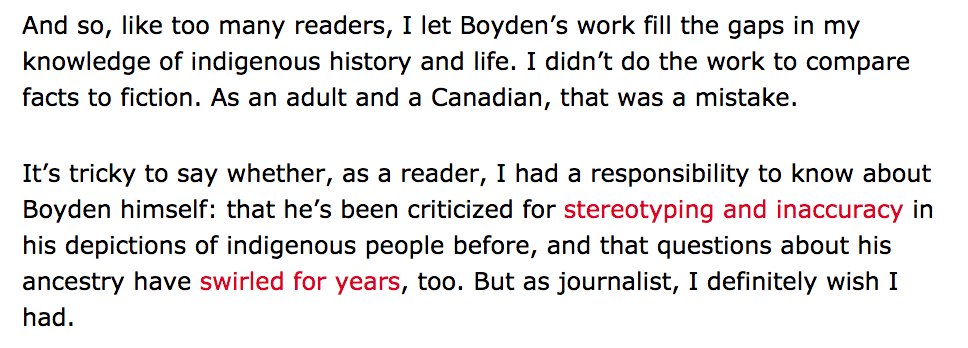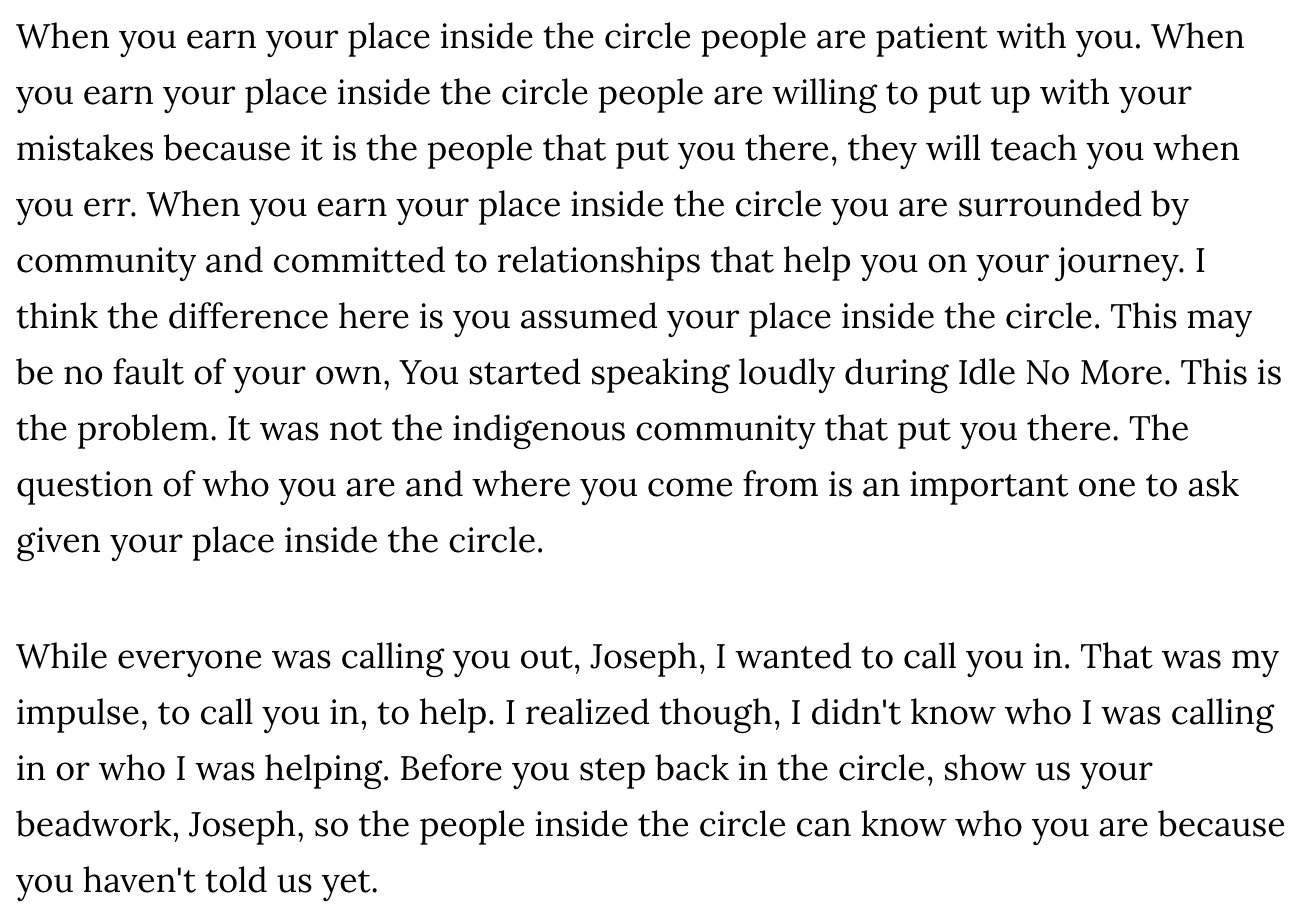_____
On May 21, 2018, writer Nora Raleigh Baskin did a Ted Talk. I was tagged by the person who loaded the talk to YouTube.
The text of the tweet is this:
"Please watch @noraraleighB's @Tedx talk given at my event. Powerful words about not censoring artistic voice. Discuss, contest, argue if you must but watch it! @ncte @aasl @debreese @triciaebarvia @ToriBachman @amandapalmer"Baskin's talk is titled "Artists Mustn't Fear the Social Media Call-Out Culture." The description on Youtube is this:
When voices on the internet become so loud and so vitriolic that artists are afraid to experiment and make mistakes, something very dangerous is happening in our society. Award-winning author, Nora Raleigh Baskin, goes on a journey of self-discovery in order to illuminate a disturbing online trend that threatens the power and freedom of creative expression. Nora Raleigh Baskin is the author of thirteen novels for young readers and a contributor to two story collections. She has been published in WRITER MAGAZINE as well as the Boston Globe Sunday Magazine. Her books have won several awards, including the 2010 ALA Schneider Family Book Award for Anything But Typical and a 2016 ILA Notable Books for a Global Society for Ruby on the Outside. Nora has taught creative writing to both children and adults for over fifteen years with such organizations as SCBWI, Gotham Writers Workshop, the Highlights Foundation, and most recently in Westport at The Fairfield Co. Writer’s Studio. Her latest, Nine/Ten: A 9/11 Story was reviewed in the New York Times and has received starred reviews, from both Kirkus and Publishers Weekly. This talk was given at a TEDx event using the TED conference format but independently organized by a local community.And here is the talk:
Because I was tagged, I thought that perhaps Baskin wanted me to see the video. I thought that maybe she mentioned my post about her book, The Summer Before Boys. So, I listened to her talk. She didn't mention my post. Instead, her talk struck me as one primarily about criticism, broadly speaking. After listening to it, I did a threaded Twitter reply on May 22. I am pasting that reply, here. (Note: The light gray highlight on all the pasted tweets is how tweets look when you copy them.)
First Twitter Thread:
You're right, @noraraleighB, writers need not "fear" being called out for misrepresentations of marginalized peoples in your books. They can view it as an opportunity to listen, to hear, to make different choices.
But--the way that you characterize those who speak up says a lot about how you view us.
What you did, speaking that way, works for some people. It gives them comfort. Is that what you meant to do?
When you were called out on American Indians in Children's Literature for having a character who imagined someone as an "Indian captive" whose family had been scalped... [Note: I added this photo to that tweet. ]
... being called out, you said, kept you "up all night" tossing and turning, and that you had your eyes opened.
Then on January 25, 2018, you said that you worked with your editor and that the reprint would have changes. I'd like to see the change. Can you do a screen cap, @noraraleighB, and send it to me?
I'm glad, honestly, that you were up all night tossing and turning. I know that Native children who were asked to read your book--or who chose to read it--had a hard time reading those words. They likely didn't sleep well, either.
With that in mind, can you see why people would speak up, sometimes with anger, about misrepresentations and their impact on their own children? Or, on children in their classrooms?
In a response to @sarahrhamburg, @noraraleighB sent this example of what she's referring to, and, I was... puzzled. (TW for contents of what she shared.) [Note: I included this screen cap of what Nora said to Sarah, which was "Not sure I completely understand all of your tweets to me...but yes, that is how exactly I describe them. I am attaching a very small sampling which I hope serves as an example of what I am referring to (it was directed to a female POC, if that matters)." The sample Nora sent to Sarah is "I wonder why this slut doesn't go back to India and let guys throw acid in her face...that must be as much fun as the wonderful life of rape, torture, bearings, hangings, blindings and erasure of religion, family history and dignity black Africans endured for over 400 years by their Jewish and Christian slave masters."
Puzzled, because that kind of horrendous comment is not what I see my colleagues saying when they are critiquing misrepresentations. Do you, Nora, really equate criticism with that kind of comment?
Second Twitter Thread:
Nora did not reply to anything I said. Later that day (the 22nd of May), I did another thread:
You know--Nora Raleigh Baskin's Ted talk is not 'new' at all. White people have been writing problematic books forever, and getting called out for doing so, forever.
They sound alarms as if their livelihood and freedoms are in peril.
A couple of years ago, another White writer, Deborah Wiles came to a dinner I was at, and expressed concerns about criticism of her book, REVOLUTION. …https://americanindiansinchildrensliterature.blogspot.com/2015/09/deborah-wiles-debbie-reese-and-choosing.html …
Like Nora, she seemed to suggest that criticism of misrepresentations when an author is writing outside of their own experience, is new. It isn't! In 1996, Kathryn Lasky wrote an article titled "To Stingo with Love: An Author's Perspective on Writing outside One's Culture."
Lasky called critics "self styled militias of cultural diversity". Her essay is in Fox and Short's "Stories Matter: The Complexity of Cultural Authenticity in Children's Literature", published in 2003 by the National Council of Teachers of English.
In my work, I point to the history -- Native history in particular -- when Native people have said 'no' to misrepresentations. See, for example, this item written in 1829: …https://americanindiansinchildrensliterature.blogspot.com/2016/03/william-appess-pequot-on-depictions-of.html …
You White Writers seem to think you and your work are at risk, and so, you do these Ted talks, and laments on social media, and articles, etc.... And your buddies and like-minded folks gather round and talk about how brave you are.
Frankly, I'm embarrassed for you. And frustrated, too. Your cycles of this... bullshit are why we keep having these problems of misrepresentation! Instead of telling each other 'DON'T SCREW THIS UP' you tell each other "you meant well" and so... there we go again.
The never-ending cycle of misrepresentation and the harm it does to children AND to other writers is on YOU, Nora Raleigh Baskin, and YOU, Deborah Wiles, and YOU, Kathryn Lasky and... I could name a few more, but the point is...
Rather than doing TED talks about how art and expression, own the fact that you can do BOTH. You can do art, and express yourself, and do it well! Do right by ALL your readers. Do right for ALL children.
And as for calling us vitriolic or fervent —- Have you no grasp of history? What would you have said to women who burned their bras?! Who raised their voices? Who put pen to paper to fight for their rights? To vote?! Really, Nora, would you scold them, too?
By the way, I see you over on Facebook, talking about how you are taking a “beating” on Twitter. People are holding you accountable for your Ted talk. Should they not?
Third Twitter Thread:
On the 23rd of May, Nora shared (on Twitter and Facebook), a screen cap of an excerpt of her talk.
I took it to mean that she felt that my focus on criticism (and others, too, because other people responded to the Ted talk) was not fair. To make sure I didn't miss something, I listened to her talk again and tweeted as I did. It was a long thread. Here's that series:
Every word is read/heard by a reader/listener who may or may not think like you do, Nora. Maybe that is why you cannot understand what people are saying. You think that passage tells us that you support diversity, but...
... other things you said tell us a whole lot, too. Those other things make those passages about diversity feel empty. Disingenuous. They look and sound like a shield you're using to say those other things.
You started by talking about how you stumbled on a Twitter feed of another author. It sent you through a cycle of emotions: angry, sad, worried, and then afraid for yourself, and for art, and artists and for the power and freedom of creative expression.
That writer was describing her choice not to write a book she cared about because she didn't belong to the marginalized group imagined in her story. Then, people chimed in, praising her bravery. And someone said "it's time to cede the floor" and...
... then, you said that part about marginalized groups not having had opportunities to write their own stories, and "as a result their stories have often been littered with dangerous and pervasive stereotypes, their lives and histories misrepresented or erased."
It is "a huge issue" you said. Why, you wondered, was this response to that author bothering you? You figured it out when you looked at your own journey as a writer. When you wrote stories about your own experiences, you felt like you were cheating.
I'd like you to sit with that a while. It is cheating to write about ones own experiences? What does that say to Native writers who write about their own experiences? Do you mean to tell us they're cheating when they do that?
Using yourself as a main character, you said meant you weren't having to stretch your imagination. After six bks you secretly believed you couldn't call yourself a writer because you were the main character in those books.
So -- you decided it was time to take a risk to see if you could be a real writer, a real artist. It was 2007 and autism was all over the news. So you created a 12 year old boy with autism. It was things you yourself are not.
You went on to say you weren't trying to speak for autistic people, and you weren't trying to be a doctor or a teacher or policy maker or social worker. You were writing about one boy, one fictional character you had brought into the world.
You hoped his small story would speak to a larger universal truth: "accept me for who I am." It won the Schneider, and because it did, you thought that you "might be a real writer, a real artist" who wasn't creating you, again, as a character.
You said you had done what artists do: look deeply at themselves and the world around them and reflected something meaningful about humanity. Then, you jumped ahead to 2013 and your book, 9/10, a September 11 story.
For it, you wanted to create four characters, and "make them as different as I can so I can reveal how similar they actually are." That goal, Nora, makes me nervous because it seems to erase the real lives of people who have the identities of your four characters.
Yes, you created those four characters, and in some part of each of them you see reflections of you and your experiences. That's fine, but, it feels rather convenient and superficial.
There's a pervasive desire from white writers for a "let's all get along" world where under the skin, everyone is really the same. And because we're all the same in that world, you inadvertently take a swipe at #OwnVoices.
You then go on to say you had your books vetted by people who have some experience or are from the groups the characters are from. It is good to do that. But I think the industry has to do more than that.
I'm trying to put this thought into my head into some coherent words... You know how survey questions can be deliberately written in ways that lead people to answer in a certain way? That's what I'm thinking about re vetting/sensitivity readers.
Who they are, how they're chosen, and how they're asked "to read" are important.
I'm not saying you mislead your readers. I mean that, as an industry, we seem not to be getting anywhere in the current "sensitivity reader" moment.
One thought I have as I listen to your Ted talk is that you might inadvertently suggest that vetting and sensitivity readers are going to fix it all, for everyone. But, what gets fixed is highly dependent on many factors.
From there you talk about the work. Of being able to know what you don't know. And that you have to ask yourself if you would be brave enough, "in this heated, angry, bifurcated, social media call-out culture" to have written any of those books?
Your answer, you said, is "I don't know." As I noted yesterday, being criticized for misrepresentations is not a new thing. Social media does make criticism more visible than it ever was before. You see that as a bad thing.
People sharing their emotional responses to misrepresentations, using social media to do that sharing... is not a bad thing, Nora. For sure, it is uncomfortable for the person whose work is being criticized.
And as we've all seen, some people really (to use your FB comment) take "a beating" for the things they say or write.
What you're doing, in characterizing criticism in the ways that you did, is telling people who speak up, HOW they should speak up.
And, might you be telling writers not to listen to "angry" criticism or criticism that makes them uncomfortable?
After that, you talk about how the industry needs to publish more books by minority writers, and if them getting published comes at the expense of your work, "that's how it needs to be." On the surface, that sounds heroic (and tragic), but...
... it is an odd thing to say. You suggest there's a finite number of books that will get published. Is that true? I know for sure that writers from marginalized groups hear "we already have our __ writer" (and don't need YOU, too). Has such a thing ever been said to you?
At the top of your talk you said you'd been rejected a lot before your first book got published, so, maybe it was said to you.
You went on to talk about how the decision of what gets published, what gets bought and what sells "never belonged to the writer."
That power, you said, belongs to the industry, to the publishers, to the editors, to the agents, to the sales and marketing departments, to the big chain booksellers, to the gatekeepers.
"Money and economic factors dictates that market and and it is going to take a united effort to combat those much larger, deeply rooted and complicated issues." I'm a bit lost in your comments at that point.
You follow that with "But when voices on the internet become so loud and so angry and so vitriolic that artists become afraid to experiment, to make mistakes, to be creative, to push boundaries, to do what writers do, to write what they feel passionately about..."
"... then we should all be afraid. Afraid of a world where writers are considered brave for not writing and angry at a society where artists are berated and at times punished for trying to tell a story that speaks to them from a very deep place that few of us can even..."
"...define, and saddened by the message that there is a limited number of spaces at the table and the only way for one story to be told is for another to be silenced." That's the dramatic part of your Ted talk. Some are moved by it, and many others are giving you a side eye.
You speak as if writers are in peril. But if you look at the CCBC stats, clearly that is not the case. More stories about Native/POC are written by people who are not of those groups than #OwnVoices--AND they are published by the Big Five. You're in that Big Five category.
As if often the case when something like you've said appears and is criticized, you invite hugs from those who like what you're saying, and pointed questions from those who think you're doing that white fragility thing that gets done, a lot.
Then, you say that one of the most meaningful and powerful things you discovered when you wrote that book about a boy with autism was "completely unexpected." You had "successfully created a character" that wasn't you, when you thought you had "finally become an artist..."
You said that you "took a step back" and saw how much of you is in that character and how much of him is in you. With these remarks, you're echoing what you said earlier about similarities. I didn't and do not like that sort of thing.
Then you said that you and that character know what it feels like to be unseen and unheard. Nora--that's a doozy right there because that is the reality of minority writers who can't get published, much less get in with the Big Five publishers.
Many are asked to rewrite their manuscripts, to make them more acceptable to a white reader. Their real lives aren't seen, and can't be seen, because they're asked to make the books less Native. Or less Black. Or less Latinx.... Less, less, less.
I assume you know that the term for that is "writing for the white gaze." You, Nora, are not unseen or unheard. Hearing you say that is part of why people on the internet are talking about your Ted talk.
Goodness... your next words are about how you and your character both dissociated when the world around you becomes too scary. I understand. Some things, by virtue of what they are, are not visible. But hearing you speak of a world that is too scary for you... gosh.
You and your character, you say, struggle to fit into this world, but neither of you really wants to. You are both human beings, you said, and what you learned "so profoundly" is that "we are all uniformly human in uniquely human ways."
With those words, you're doing that "more alike than not" thing, when it just is NOT the case. Pretty words, but not true. And astonishing in their pretense. A dangerous pretense, Nora.
Then, you backpedaled a bit, saying "of course I can't fully know what it is to be diagnosed autistic or to be African American or to be a white teenager from Shanksville, Pennsylvania."
And then, "I'm still trying to figure out what it means to be me but what I do know and what I can write about is the universal desire for identity and belonging and I need to be free to use as many paintbrushes as possible to try and create that picture..."
"...with the hope that one day I will get closer to the truth, to a truth, in one particular moment in time." Again--pretty words, but what is that truth? It seems to be one that rests on that "we're all the same" idea.
Then, Nora, you say "Artists cannot cede the floor because they do not stand on the floor. They look at themselves and at the world in which they are living and they speak in many voices." I see you're using some writerly metaphoric words there as you finish your talk.
"Writers stare out the window" you say. "They push open the door. They look up at a ceiling poked so full of holes you cannot tell where the earth ends and where the sky begins." Some echoes of Sims Bishop's windows/mirrors/sliding glass doors, and I guess that glass ceiling?!
"And when it's done well, when it's honest and true and done without fear, what we are forced to see is ourselves and we may see something we like but better yet, something we don't." That's it. End of your Ted talk.
I hoped this would be helpful to you, Nora, so shared the thread link to your ongoing FB post. But now you blocked me.
David Lubar's Facebook Post
On May 25, a Newbery medalist did a thread on twitter, about the importance of criticism. She ended her thread with some words supporting my work. She tagged me. I appreciate her thread and thanked her.
Then on May 26, another writer did a thread on twitter, and she ended with a statement of support for me, too (and tagged me). I wondered what was up. Then, this morning (May 29), a friend sent me a link to David Lubar's Facebook page, where (on May 24) he said this (he said a lot more; this is just the first sentence):
Once again, a writer has been the subject of an over-the-top assault by Debbie Reese.There, I read that many people felt that my tweets were an attack on Nora. Some mentioned that I had tagged her on every tweet. I went back to twitter to see, and saw that she was, indeed, tagged on every tweet of the third thread. But--that thread started as a reply to Nora. So, Twitter was doing auto-tag and I didn't notice it. If I had, I would have untagged her after the first tweet-reply. I apologize for not having untagged her, but I did not apologize for what I said.
Many people on David Lubar's page are saying that they agree with my criticisms, but not with how I say them. Jordan Sonnenblick said I was "nasty." I've asked him to give me examples of the "nasty" things I've said. He said he'll look for them.
The point of this particular post is to pull my threads into a single place, for my own needs, but for those who might be commenting but haven't seen what I said. I am confident that some will read them and come away thinking "Jordan is right, she's nasty."
Where one stands shapes how they respond to someone else's words. I responded to Nora's words, honestly, because I believe she spoke, honestly, in her Ted talk. She has not contacted me privately or on social media. As noted above, she blocked me on Twitter (and on Facebook, too).
Nora--I'll say again, that I hope you will read and think about what I said. I listened to your talk, twice. I take your words (all words all writers write) seriously because you are creating books for children who will be shaped by your words.
Update on Wednesday, May 30, 2018
David Lubar deleted his Facebook post.
UPDATE, May 31, 2018
On David Lubar's page, on Tuesday, May 29th (before he deleted it), Jordan Sonnenblick gave an example of how I had been "nasty." It was in this tweet, which I am copying from above:
Goodness... your next words are about how you and your character both dissociated when the world around you becomes too scary. I understand. Some things, by virtue of what they are, are not visible. But hearing you speak of a world that is too scary for you... gosh.Jordan said that that tweet is an example of how I am "nasty" because at that point in the talk (at the 12:31 minute mark), he thinks Nora was referring to things she had said ten minutes earlier (at about the 2:35 minute mark of the video). Early in the video, she talked about her mother's suicide and being kicked and punched by her stepfather.
I didn't make that connection when I listened to the video.
As I listened to her talk about being in a world that "is too scary", my own thoughts went to being racially profiled by a sheriff in Oklahoma, afraid for my daughter's safety (she was in the car; the sheriff had asked me to get out of our car and took me several feet away from the roadside to ask me a series of questions that indicated he thought I was not in this country, legally). I thought about Native and People of Color whose experiences with police have ended with jail and too often, death. I can see why Jordan thought I was insensitive in saying "gosh" to Nora's expression of fear. On David's post, I apologized to Nora (I assumed she was reading or being told about the conversation). Later, Jordan said that I had apologized for mistreating Nora. I did not "mistreat" her and said that I did not want my apology for that part to be construed or interpreted as an apology for "mistreating" her. I was, honestly, acknowledging what I had missed as I listened to Nora's talk.
As far as I know, she has not said anything publicly about it. As for characterizing me as "nasty" -- Many people know "nasty woman" entered public conversations during the presidential campaign when trump said that Hilary Clinton is "a nasty woman." He meant it in a denigrating way but some people claimed it as a badge of honor. I think Jordan used it like trump did and hope that his friends mention it to him.
Update: May 31 at 7:47 PM
Friend and colleague, Mike Jung, pulled together a list of the words/phrases some writers used to describe me on David Lubar's Facebook post. Mike wrote:
In a since-deleted FB post, people used the following words to criticize a diversity advocate for being "unkind":
Nasty
Toxic
Passive-aggressive
"Off the rails"
"A wonderful antagonist"
Bully
Racist
Ass
Asshole
I repeat: these are people demanding kindness.
For those who don't follow children's/young adult literature, some writers periodically use "kind" or "kindness" to push back on criticism. Mike's post shows their kindness in action.
Update, June 8, 2018:
Mia Wenjen (Pragmatic Mom) did a blog post that situates Baskin's talk within DiAngelo's writing on White Fragility: Own Voices Controversy
Update, June 8, 2018:
Mia Wenjen (Pragmatic Mom) did a blog post that situates Baskin's talk within DiAngelo's writing on White Fragility: Own Voices Controversy





